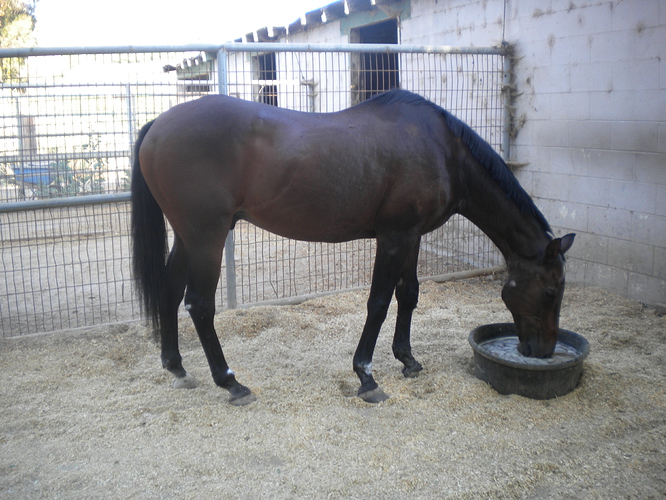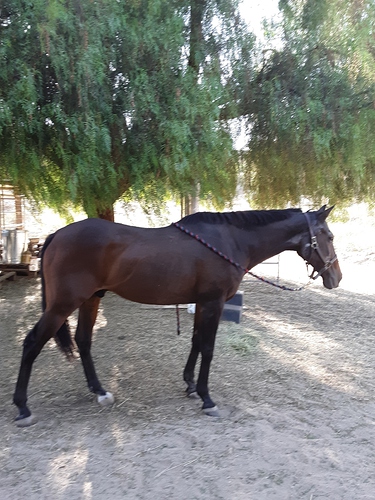I’ve been wrestling with this a lot lately.
I’m in my 40s and my life seems to be split into two horse owning eras:
My first ~20 years where horses lived on COB or locally milled sweet feed, we fed almost no supplements except maybe a bute regimen for creaky horses. Vet visits were mainly vaccines, coggins, and emergencies: occasional sutures, chokes, colics, etc. Teeth were done when we thought they were a problem. Farrier came out ever 8 weeks. Deworming was newly OTC and done indiscriminately. We had no body workers, no saddle fitters, etc.
Compare that to my last ~20 years that have been dominated by complex nutrition, supplements galore, protocolized medical care, advanced diagnostics, body work, custom fit everything.
Yet horses seem to have infinitely more problems today than they did when I was a kid.
I wish I had a Time Machine to go back just to get a more complete view of what was similar or different. Did horses truly have less problems or did we just not recognize the problems? Am I remembering only the good and forgetting the bad? I think it’s probably a mix of all of the above, but it sure is frustrating. Despite all of our advances, sometimes it seems so hard for horses to just exist without issue today.
Sorry for going down the rabbit hole. But I think about this a lot.






